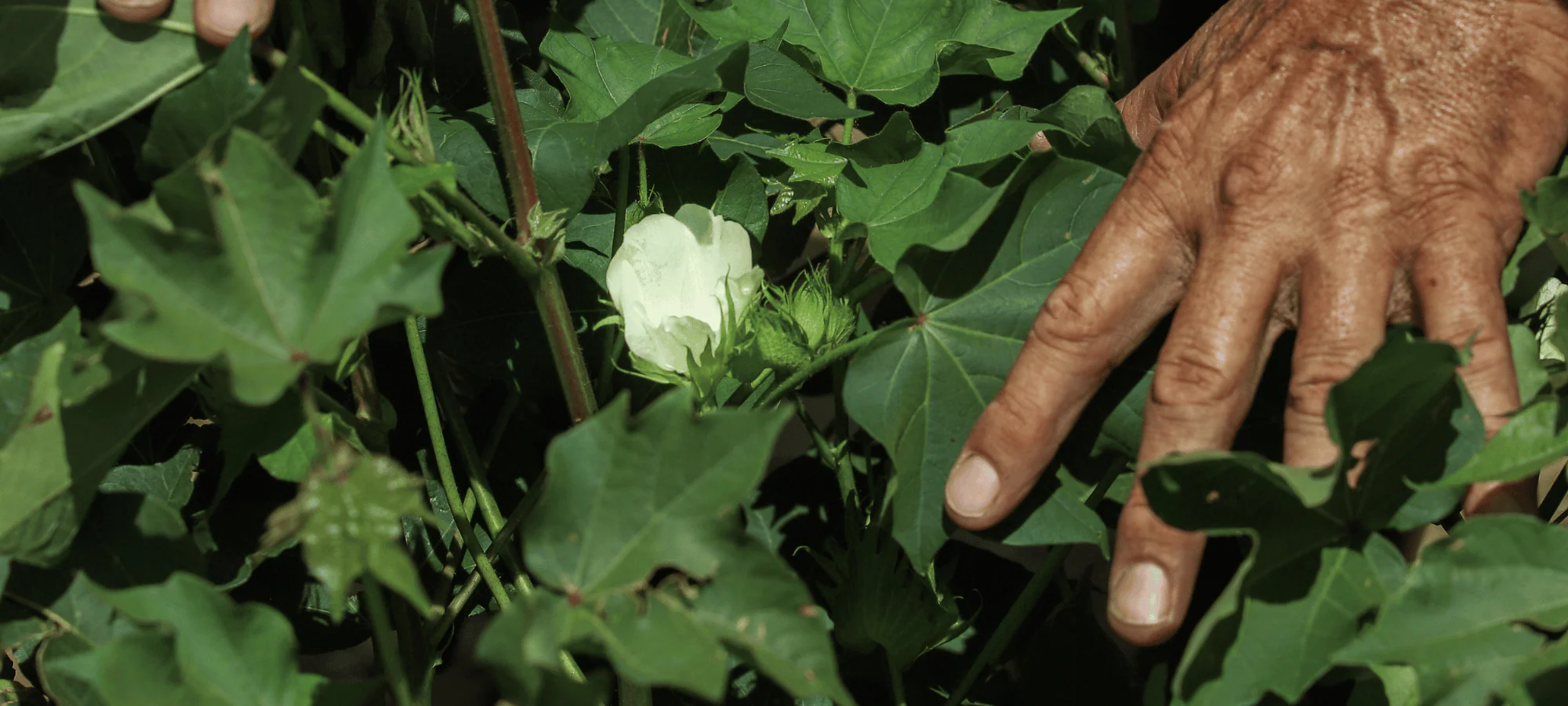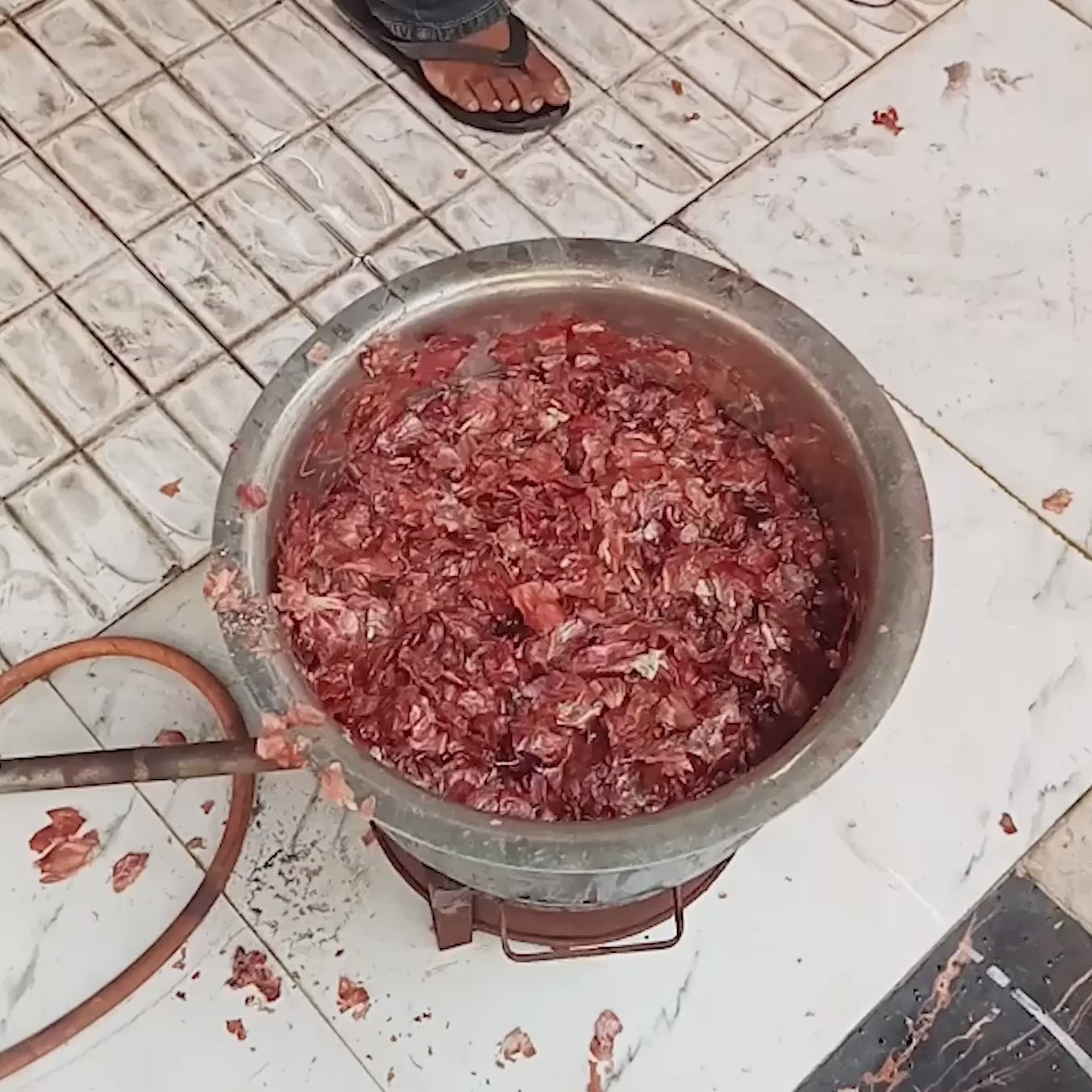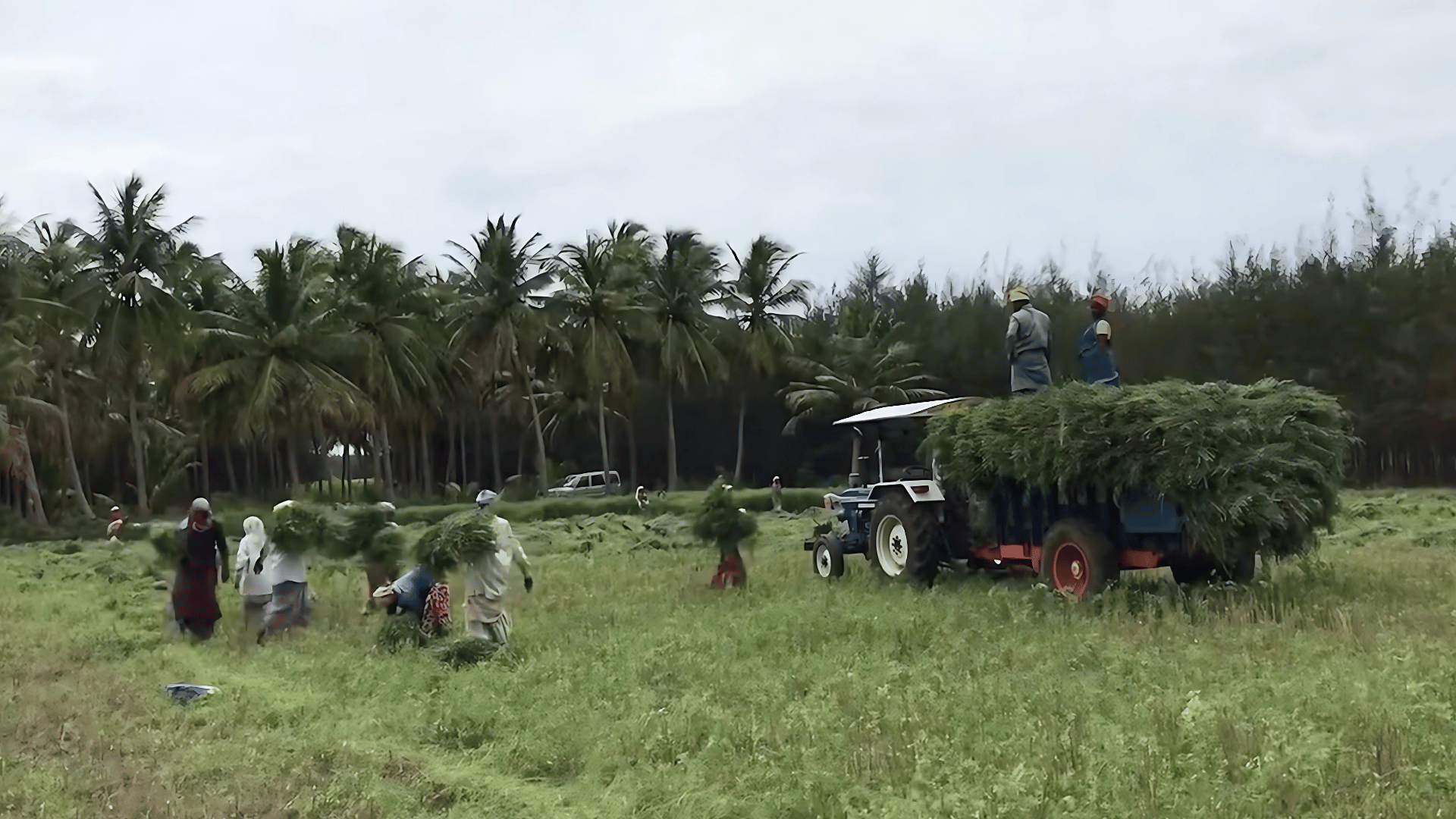The pureluum story
Why We Created the Safest Baby Bedding on Earth
After 25 years in textiles, I saw the hidden truth: rivers turned blue and red from chemical runoff, workers inhaling toxic dye fumes, and babies unknowingly wrapped in fabrics laced with harmful residues.
Most baby bedding today is dyed with synthetic chemicals—sometimes containing formaldehyde, azo dyes, and heavy metals. Newborn skin is 5x more absorbent than adult skin, meaning these chemicals can easily penetrate into their bloodstream.
That’s why I started PureLuum.
What Makes Us Different
- 100% Organic Cotton – GOTS-certified from seed to finish.
- Plant-Based Vegetable Dyes – Madder root (red), indigo (blue), turmeric (yellow). Safe, natural, and rooted in centuries of tradition.
- Clean Production – Partner dye houses recycle water, use solar/biomass energy, and treat workers with dignity.
What You’re Choosing
- A healthier sleep for your baby
- A cleaner planet for tomorrow
- A production system built on dignity and care
At Pureluum, every crib sheet and quilt is more than bedding—it’s a promise of safety, comfort, and values that last.
Why it matters
Newborn skin is the most delicate it will ever be, thinner, more sensitive, and highly absorbent. Yet most baby bedding on the market is treated with synthetic dyes and harsh chemicals that can irritate, dry out, or even be absorbed through your baby’s skin.
We believe that should never be the standard.
That’s why all of our products we make are crafted with 100% organic cotton and colored from natural vegetable dyes. Free from toxins, safe for sensitive skin, and naturally soft - the way baby products should be.


Synthetic dyes: Can contain irritants, allergens, and residues unsafe for delicate skin.
Newborn skin: 30% thinner than adult skin, making it more vulnerable to chemicals.
Our difference: Only natural vegetable dyes, which are hypoallergenic, breathable, and kind to your baby.

The process
Vegetable Dyes
Vegetable dyes are natural colors derived from plants (and sometimes insects). They’ve been used for thousands of years — from fabrics found in the Harrapan culture, to the ancient Ajanta cave paintings, to Egyptian mummies and Mughal textiles. Across history, these dyes have shown their lasting beauty, value, and utility.
Why They’re Better
Unlike synthetic dyes made from coal tar and petrochemicals, vegetable dyes are:
Non-toxic & non-allergenic — safe for delicate skin
Non-polluting — free from harmful effluents that damage the environment
Biodegradable — sourced from plants that can be regrown
Sustainable — many dyes come from agricultural and forest by-products that would otherwise go to waste
Synthetic dyes, on the other hand, often cause skin irritation and produce toxic waste that pollutes air and water. Continuous exposure to these chemicals has raised global health concerns.
A Return to Tradition
Before synthetic dyes were invented, all colors came from natural sources. While synthetic dyes became popular for their convenience, they came at a heavy cost to health and the environment. Today, with growing environmental awareness, vegetable dyes are making a comeback — not just as a safer choice, but as a way to revive an age-old craft.
Supporting Communities
The preparation and use of vegetable dyes is a labor-intensive process, often involving the collection of plants from forests and fields. This provides employment opportunities in rural communities, especially for women, while preserving traditional skills that have been passed down for generations.
Looking Ahead
With increasing restrictions on harmful synthetic dyes around the world, vegetable-dyed textiles are more relevant than ever. Choosing natural dyes isn’t just about honoring tradition — it’s about protecting the environment, safeguarding health, and creating a cleaner future.
